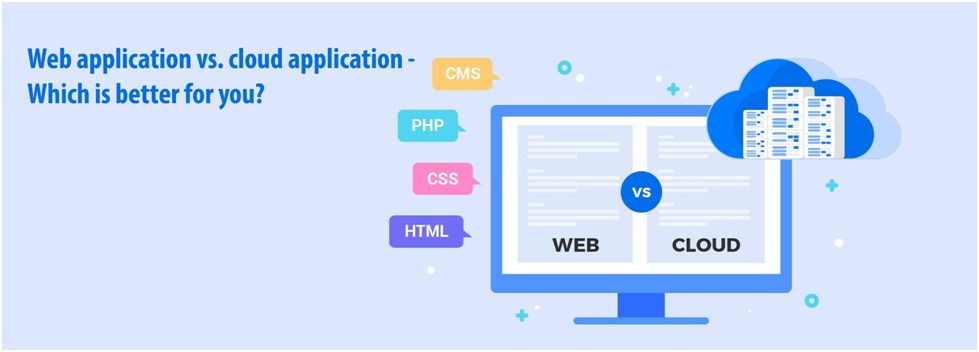
Let’s understand the dissimilarities between the Web application and cloud application-
If you are someone who plan about using inbound marketing strategy and creating your digital technology platform but doesn’t know how to do it exactly. The main confusion is what to choose between web apps and cloud-based apps. So, this article is going to discuss the dissimilarities between cloud and web applications.
Most of you might not be completely aware of how both of these applications function. Although, setting up a digital platform requires a proper website marketing strategy and even a web development team. Both are considered almost the same but they do have some dissimilarity. Cloud computing apps are hosted by Software as a service. If any activity needs to be done from a technological outlook; then cloud computing would be a better option for you. But in this subject, words are going to be complicated which will have a negative impact on the audience. Web applications are however on the same track as cloud computing with very few differences. This is the reason why both of them are considered equivalent.
Before getting into the brief differences, let’s learn the basics of both of them.
Table of Contents
Web application: What does it mean?
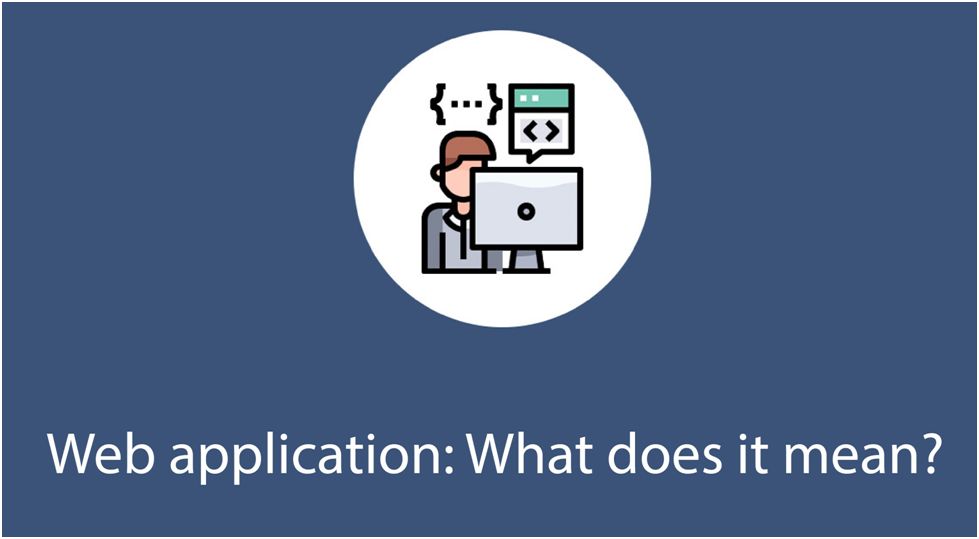
Web applications work on operating systems and can be used on a web browser. An active internet flow and HTTP is used as a key interface is used for using these web applications on the internet. A combination of server-side scripts and user-side scripts are used for creating such web applications. It is most often a user based set up in which you can install the program on your desktop.
Different kinds of Web applications-
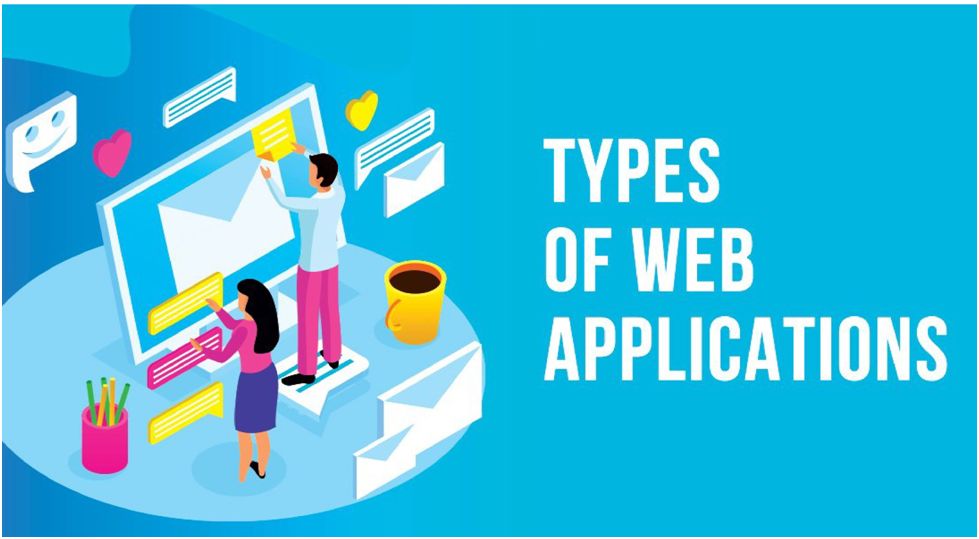
1. Dynamic Web applications
Applications with User-server scripts that are used on a web browser are considered the most complex ones. Dynamic web applications is one of the social media marketing strategy and is one of these complex applications which display a variety of content like Instagram, Youtube, and Facebook all at the same period. This is the major difference between static and dynamic web applications.
2. Static Web applications
Static applications are not considered good for use as it shows very few contents, pictures, and even banners. CSS and HTML language are used for creating such applications. The biggest drawback of these applications is their non-versatile nature which creates a hurdle in user’s convenience.
3. Portal Application
Web application portals are an interactive application which is accessible through web browsers. It is used to help clients to interact with companies, present data in an easy and organized manner, modify the changes in data, and use the page divisions. It is identical to Dynamic web applications.
4. Animated Web applications
Animated web applications are the most trending and popular among all the websites. Almost every agency is using it these days using their own creativity. Some prefer subtle animations and others prefer cool transitions for designing their websites. It has become so popular and trendy that it now seems to be inseparable from modern websites.
5. E-commerce
E-commerce is basically purchasing and selling goods and services online. Many digital payment methods and applications have been introduced to transfer money online. These payment methods can open the door for online shopping and E-commerce.
Requirements of Web applications
- The entire information about the user and the business is controlled in a single center.
- The web application can be easily accessed from any part of the world at any time using a web browser.
- The application segment is accessible to every user.
- Specifications made in the infrastructure of the web server are the backbone of these web applications.
- It is versatile and reliable up to a certain limit.
Cloud Application: what does it mean?
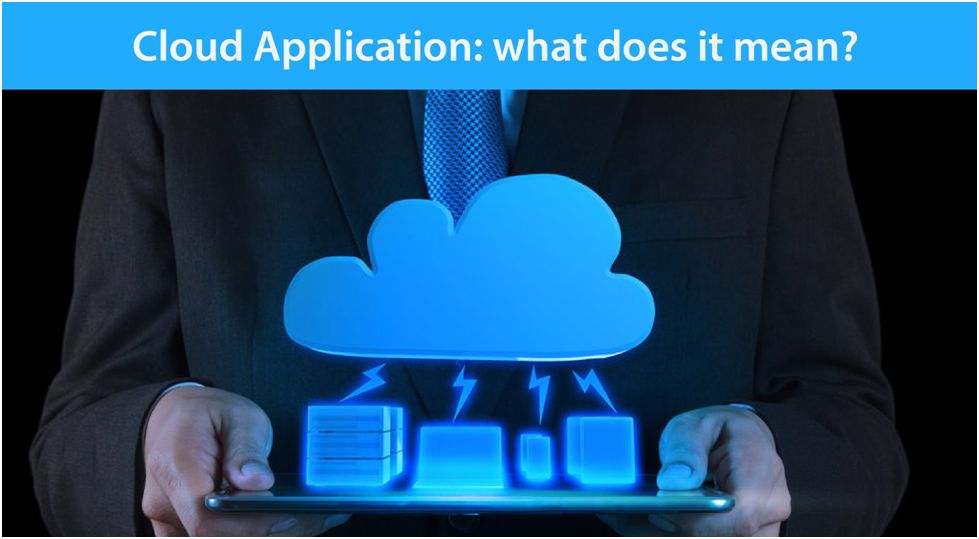
It is similar to the web applications in providing services like web applications on the internet but it is not dependent on it. These kinds of applications work based on the offline functioning of the cloud data. It is considered more reliable and constructive because of the fast service it provides to the user. It performs frequent cloud updates which makes it super convenient to use. It also provides a flexible cloud app that is a multi tenant and can be operated by users through web browsers.
Different kinds of Cloud Applications are-
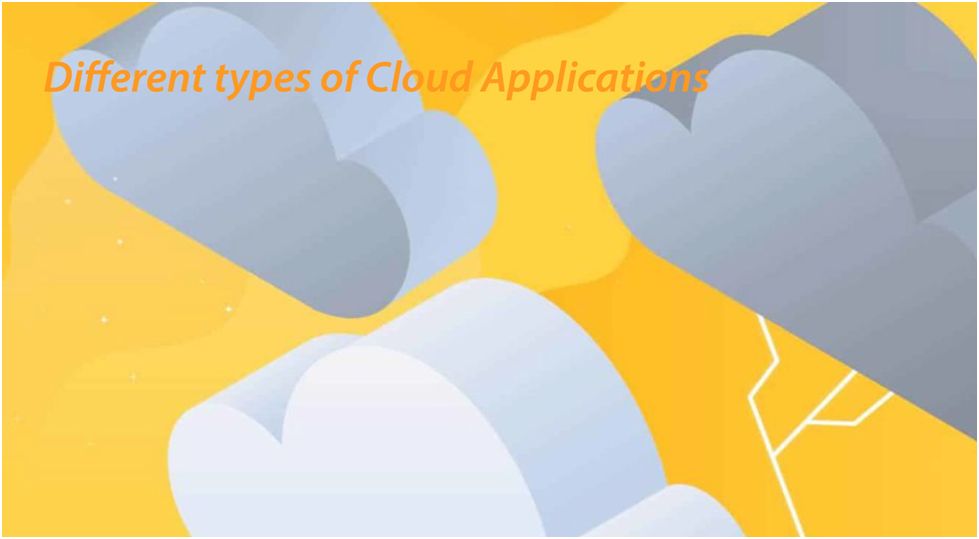
● Infrastructure as a service
IAAS is computing technology that provides foundational compute, network and data to the users when demanded through internet service. It could be used as a forum for development or even as a web host. It is used to provide. It uses the basic three types of cloud storage which are block, field, and object storage.
● Recovery as a service
RAAS is referred to as a part of cloud computing that is used to protect data and web applications by enabling recovery or backup of data in the cloud. It provides an alternative to backup services of the cloud as it facilitates faster application recovery.
● Software as a service
This is one of the most used services based on cloud computing which allows the client to use the cloud based applications with their entire characteristics. These applications mostly target big companies.
● Platform as a service
It is a platform that provides the customers with everything from hardware, technology, and infrastructure to all kinds of software.
Requirements of Cloud Applications
- The data of the cloud based applications is only stored by the cloud like structure.
- Storage and applications required for developing other platforms can be accessed by cloud applications.
- In some of the data booths, client and business related data is stored together in a dynamically secured offline program.
- It can be used from web browsers of desktop systems or even mobile phones that are connected to the internet.
Dissimilarities between Web application and cloud application
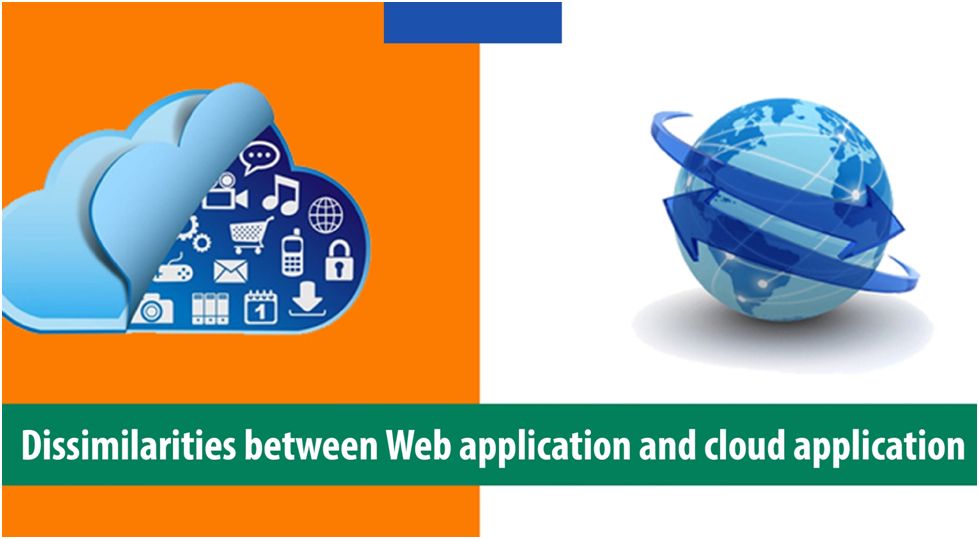
Cloud based apps and web based apps are very similar in many aspects but still have a lot of differences at the same time. They can be differentiated based on different aspects –
● Scalability
Cloud based apps on the other hand have inherent scalability with multi tenancy.
Web based apps mostly have limited scalability with an isolated tenancy.
● Storage
Cloud based apps contain numerous replicated centers for storing data.
Web based apps have a single center for storing data.
● Availability and optimization
Cloud based apps are considered to have very high uptime. It can be easily loaded on the computers through the internet.
Web based apps have comparatively limited uptime. Though, it can also be browsed on computers through the internet.
● Internet Connection
Cloud based applications can still be accessible even if you have an unstable internet connection. It can perform some processing work during that time.
Web based applications on the other hand require a good internet connection every time for its operation.
● Version
Cloud based applications have a similar standard of all the applications for every user.
Web based apps have unique instances for a different user.
● Operation
Cloud based applications can be operated from a provider’s internet server or user’s system.
Web based apps can only be operated through the provider’s internet servers.
● Classification
All the cloud based applications are web applications
But all web based applications are not cloud applications.
● Databases
In the cloud apps, data is mostly stored in the different data centers it contains.
In web apps, data is stored in a single center but is accessible throughout the globe.
Conclusion
It is very important to understand the difference between cloud and web apps for using it practically. Until now, most of the clients and app dealers themselves didn’t have complete knowledge about the differences between both of them. They still used to consider that their application which is operated through the internet can also be used as cloud based apps. As described, all web apps are not cloud apps. Some of it has the inherent ability and structure to convert itself into a cloud based application. If a web app doesn’t have rich features that cloud apps contain, then it should never be treated like a web based application.
Cloud based apps are considered to be better and more functional as compared to web apps because of their high uptime. It can also be operated when a user is partially online. So, it is one of its best features due to which it can be operated in areas having poor internet connection. Cloud apps can also cost less and are much easier to handle and upgrade. So, cloud based apps are proffered more for in collaborations. On the other hand, web apps are used for transaction platforms like E-commerce and services for booking. Cloud based apps are considered more versatile and scalable but can never be perfect for every need. So web apps should be used for simple use while cloud based apps for complex use.
Rohit serves as a seo executive at commino, Where he makes inbound marketing strategy and handles all works related to seo and email marketing works